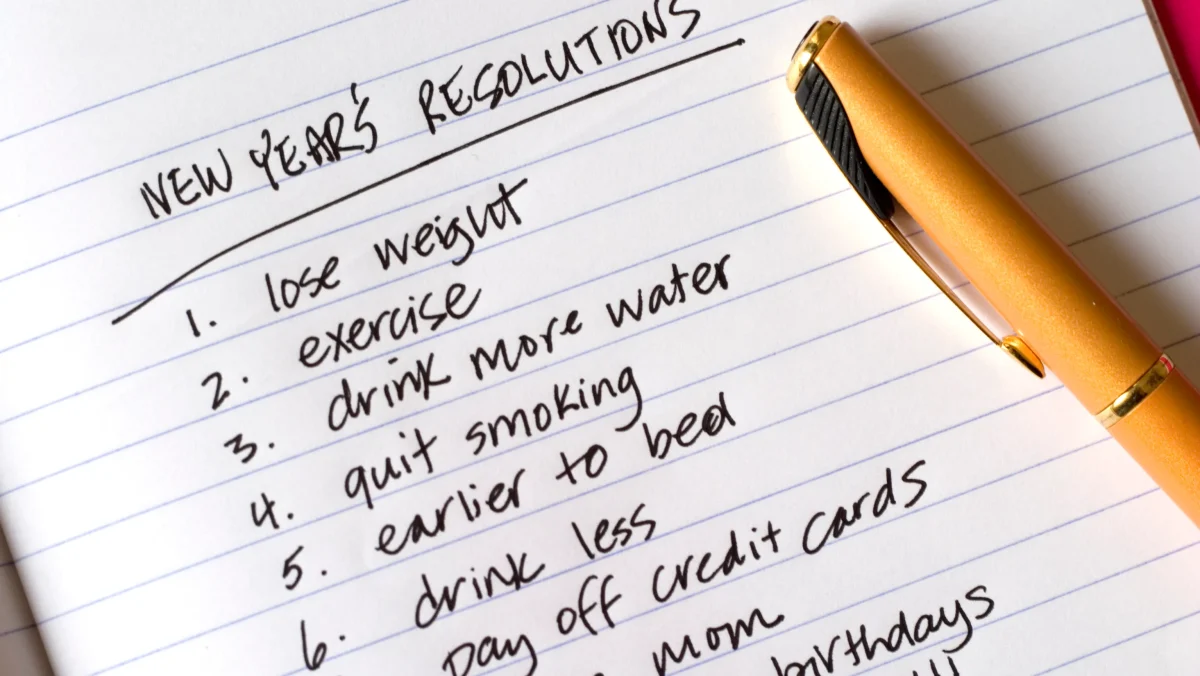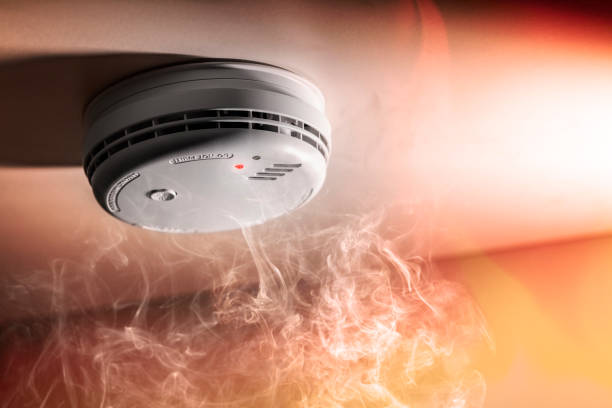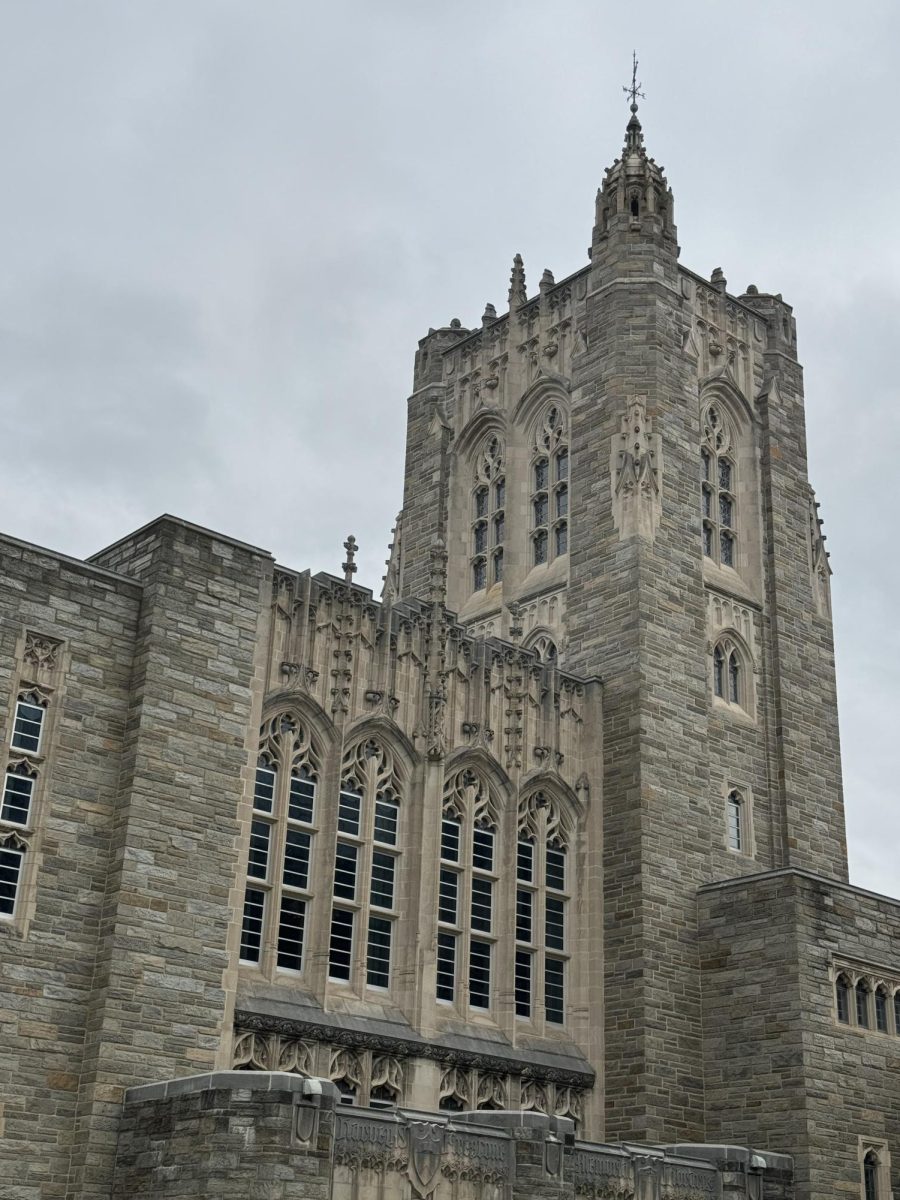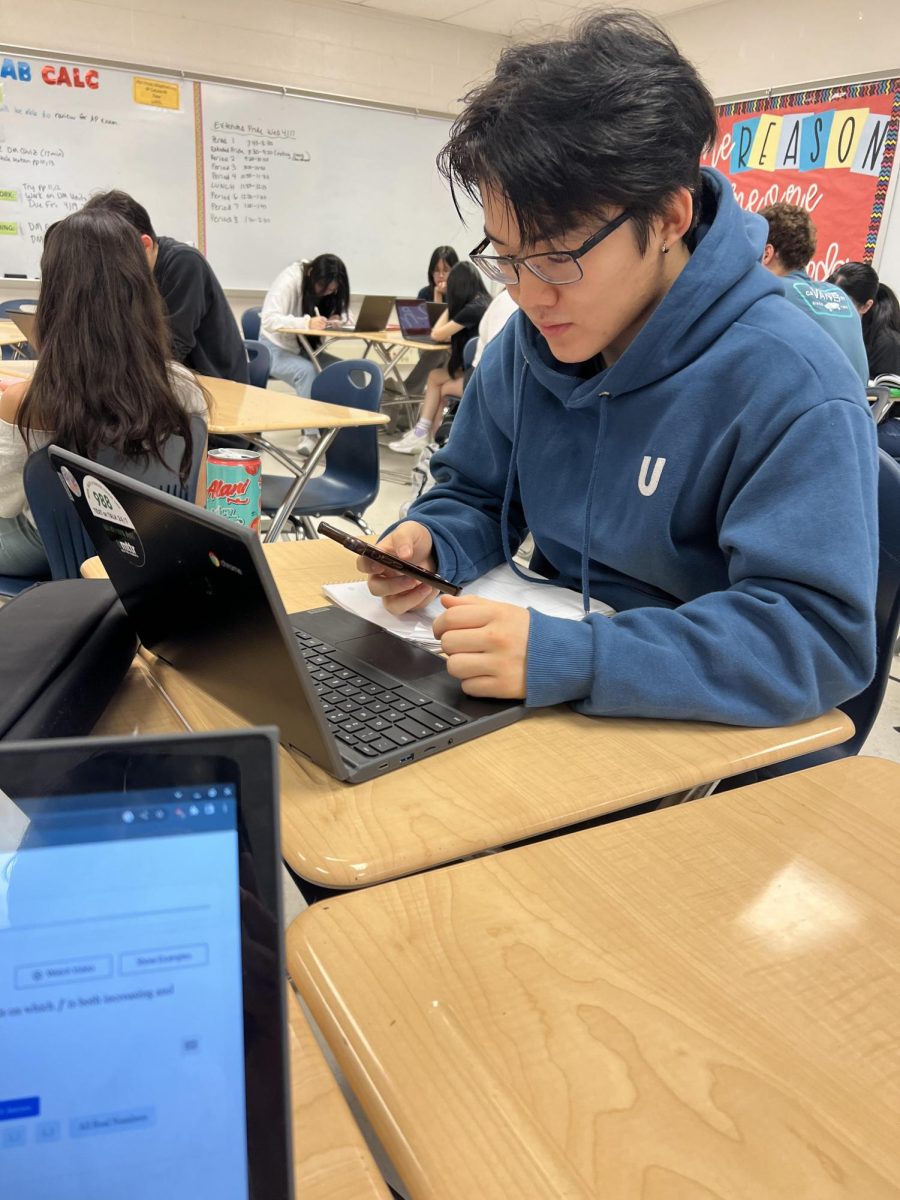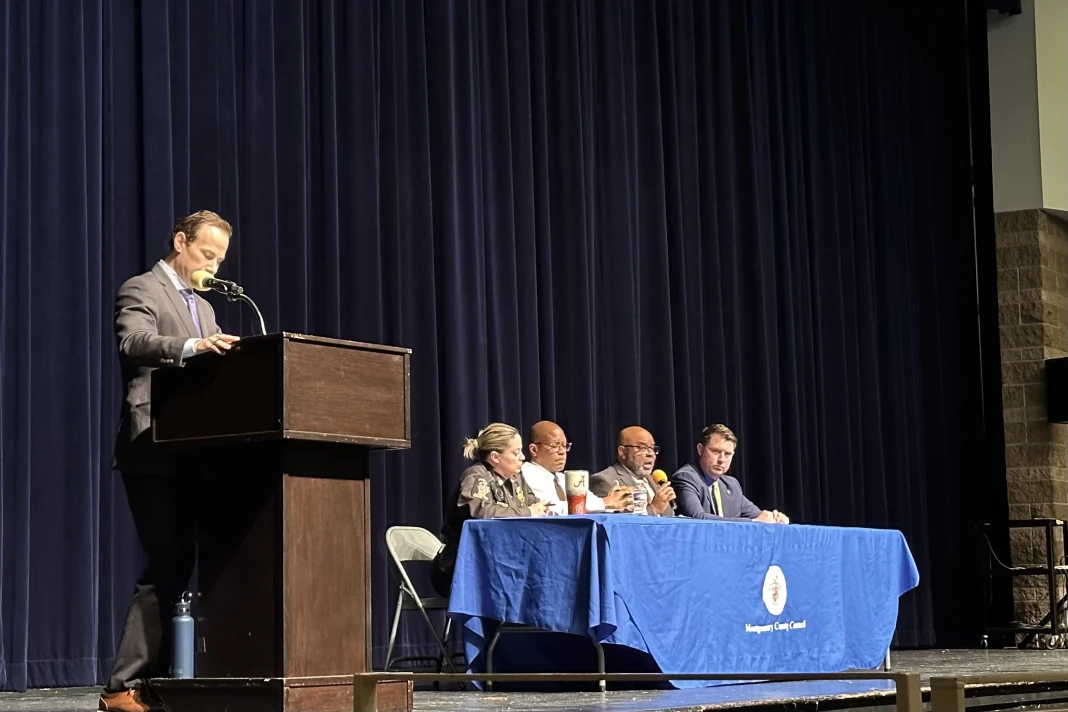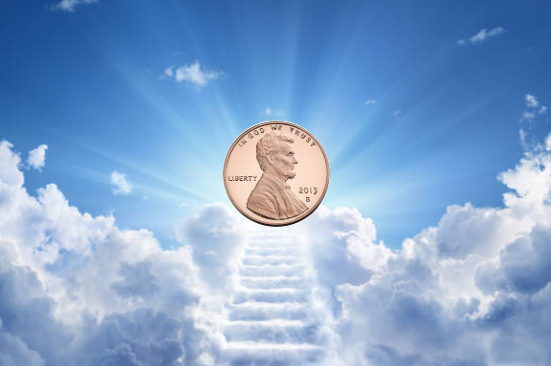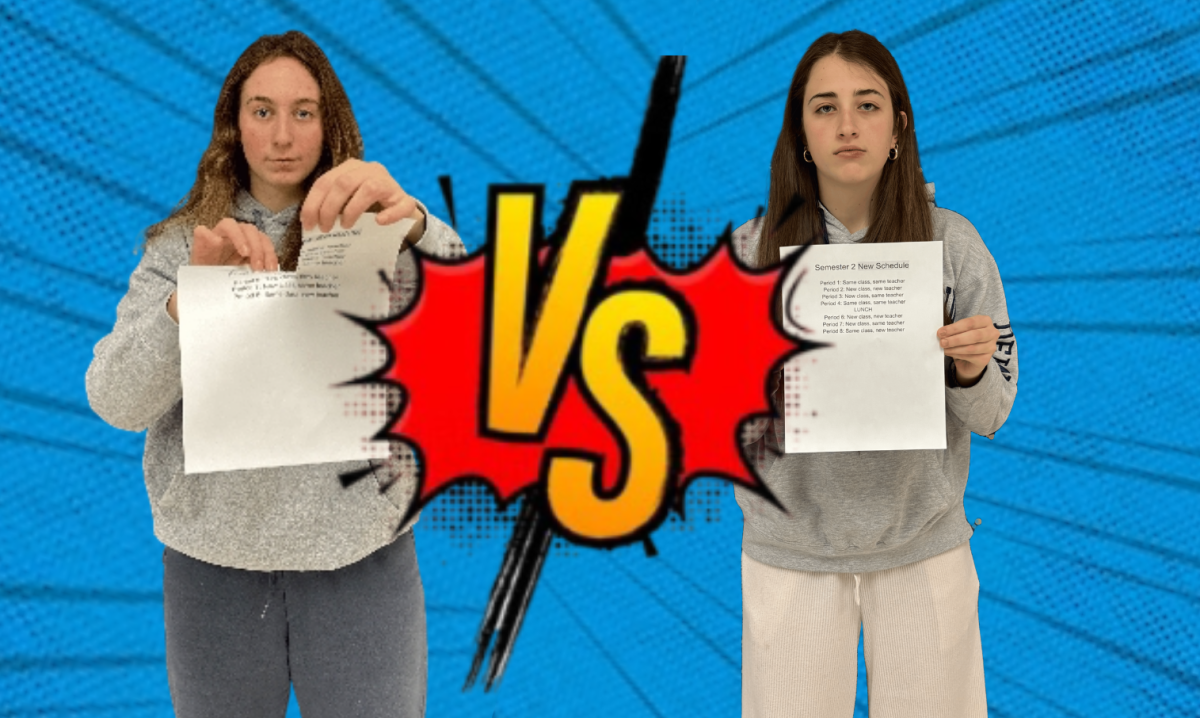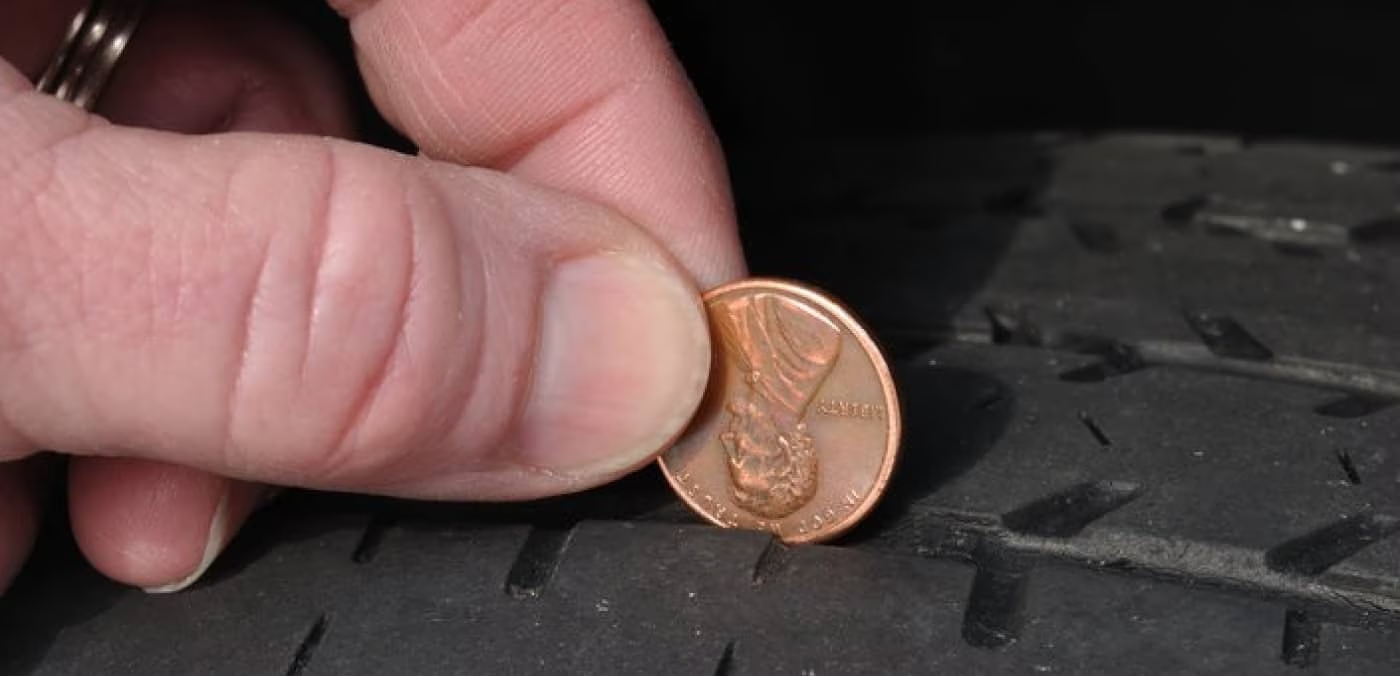The teenage years are all about learning. They’re a time to take risks, to make decisions, to explore identities and to make mistakes, all as part of a learning and growing experience.
When a group of students from the current senior class were caught after hacking into the school’s computer system last year in order to change their grades and the grades of their peers, a scandal immediately broke out. Many were suspended from CHS and a few left the school, but MCPS decided last spring to let these students back to CHS for the 2010-2011 school year. Two of the students who were key players in the cheating scandal have formed a club called “Teen Talks” with goals to talk with students and provide them with guidance on avoiding pressure. The students officially announced the details about their new club in a video on academic integrity that was shown to students.
While this club can be a chance for the two students to discuss what they have learned from the scandal and truly offer advice to students, to many students, the video did not seem convincing or genuine. Rather, the students proudly boasted about their new club and made themselves seem like victims.
The whole community cannot move on when these students are unwilling to present sincere apologies or accept responsibility for their actions. Instead, the constant focus of their video is pressure. In fact, the word “pressure” is mentioned 12 times by the two students in the video, and yet not once is any form of the word “cheating” mentioned. The closest either of them gets to actually mentioning their offenses is when one of the students states that he “made a bad choice back in spring,” but the “choice” is not explicitly mentioned or explained any further. (Side note: this “decision” was not a one-time incident as the student makes it appear, and the scandal actually broke out in the winter, not the spring.)
These kids drew so much negative attention to our school last year, and despite all of this, the school is trying to place these students in a positive light and present them as though they are helping our community. These students do not deserve to be recognized any further; it is wrong for the students to portray themselves as ill-fated souls who fought adversity or enlightened individuals who are willing to benevolently give out meaningful advice.
At one point in the video, one of the students states that he followed through with his actions “because that pressure was so strong that [he] just didn’t know how to deal with it and [he] didn’t have anyone to talk about it.”
The student should not try to justify his actions because he can never rightfully justify his and his peers’ actions; these students were not victims of anything: their misfortune was brought on by themselves. They illegally hacked into an entire system and took advantage of their teachers, placing their own personal priorities ahead of the school’s.
The other student tries to defend his actions by blaming it on his friends—“I was hanging out with kids that thought it was acceptable…I did not realize what was okay to do and what wasn’t.” Students feel peer pressured in high school all the time, but what we have been taught our entire lives—and we are still being taught—is to avoid peer pressure and make good decisions. It is unlikely that any peer of these students’ forced them to plug the USBs into their teachers’ computers and change their Cs to As.
Even if the students did in fact feel pressured, pressure cannot be used as a valid excuse—the blame should simply be placed on the students and their choices. If these students want to truly be forgiven in their community, they need to accept their actions and admit that what they did was wrong. The students cannot work around their problems or pretend that they were victims when in reality they were the transgressors. While not everyone will want to forgive these students, it is important that the students at least work a little harder to earn back the respect of their community members and genuinely show that they are sorry.
Categories:
Teen Talks does not amend past wrongs
September 30, 2010
Story continues below advertisement
0
More to Discover



